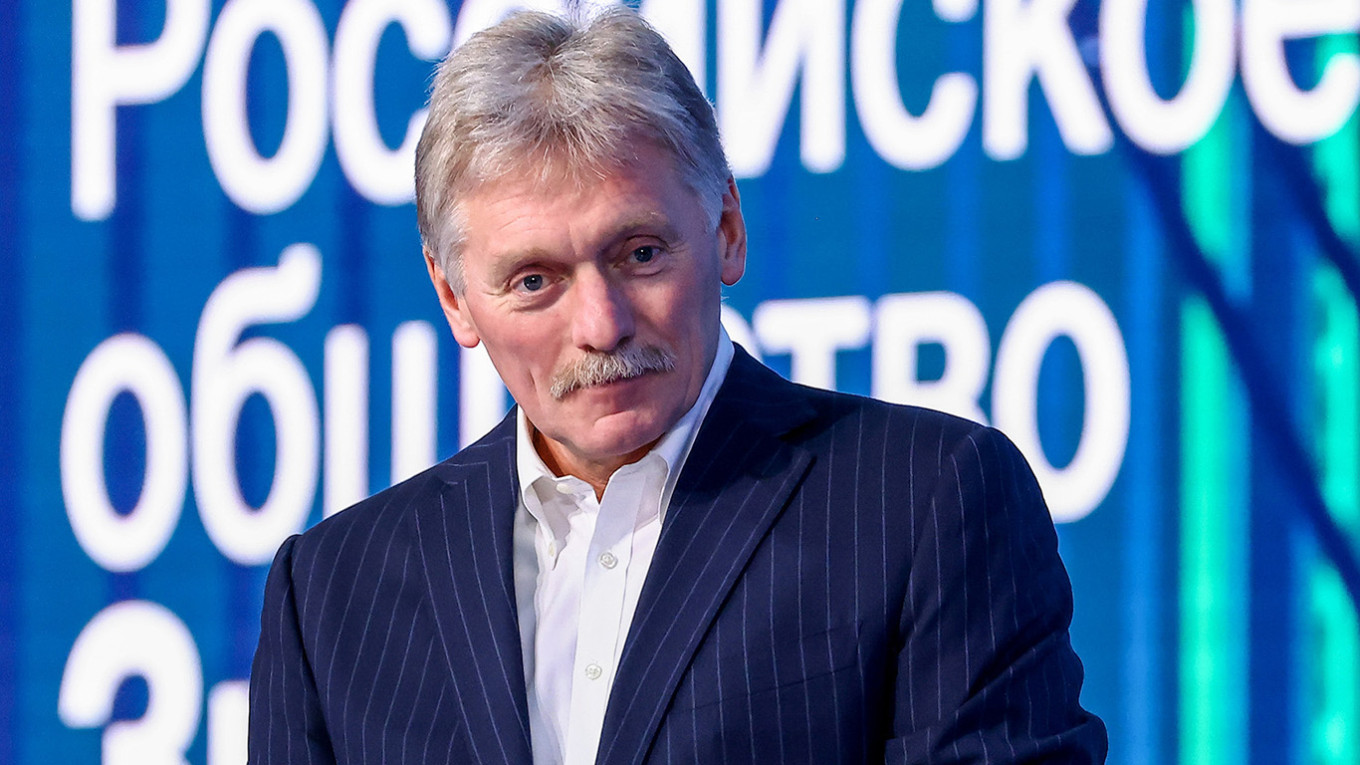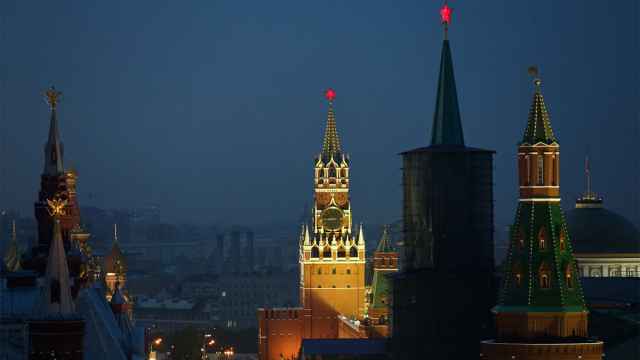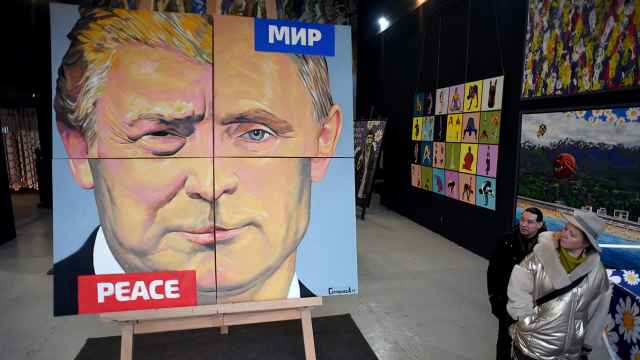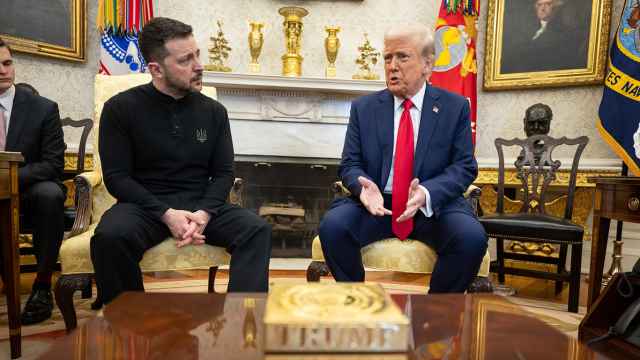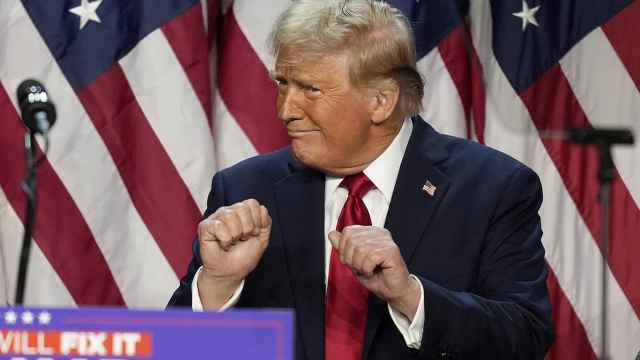On the evening of Nov. 10, The Washington Post reported that U.S. President-elect Donald Trump had a phone conversation with Russian President Vladimir Putin on Nov. 7. The conversation focused on peace in Europe, with Trump expressing interest in further discussions to resolve the conflict in Ukraine. Reportedly, Trump explicitly warned Putin against escalating the conflict in Ukraine, underscoring the substantial presence of U.S. military forces in Europe.
However, the day after the report, Kremlin spokesperson Dmitry Peskov dismissed all rumors of a phone call between Trump and Putin as “pure fiction” and “fake news.”
“This is a particularly vivid example of the quality of information published these days, even in quite reputable publications. It is absolutely untrue. It is pure fiction, simply fake news,” he emphasized during a media briefing.
But who is telling the truth? Ultimately, both Trump and Putin are familiar with the political tool of deception. As Helmut Brandstätter, an Austrian Member of the European Parliament from the liberal party NEOS, aptly put it, "I’m not sure whom I should trust less..."
It is clear that Trump initiated to conversation with Putin and that The Washington Post’s evidence came from Trump’s team. It is also noteworthy that the story was broken by a newspaper that refrained from endorsing a presidential candidate for the first time in decades.. Another indication that the call took place is the recent discussion between Ukrainian President Volodymyr Zelensky, Trump and Elon Musk. This suggests a relatively low likelihood of deliberate deception by Trump.
At the same time, this would be far from the first instance of Kremlin spokesperson Dmitry Peskov deliberately distorting reality or denying events that have indeed occurred. But why would the Kremlin feel it necessary to deny any exchange with the incoming U.S. president?
Could Moscow be aiming to avoid overstepping diplomatic protocols or needlessly embarrassing President Joe Biden? If that is the case, then why did the Kremlin not simply refrain from commenting altogether? Why would the Kremlin, in effect, indirectly accuse the future U.S. president of lying in plain view of the global public?
Or is this all part of a secret, behind-the-scenes agreement between Washington and Moscow? These are certainly valid questions. But at the moment, there seem to be no clear answers.
Equally valid, however, is another question that could potentially lead to an explanation. Why does Russian state television feature semi-nude photos of Trump’s wife, Melania, during prime time to gleeful commentary from two leading propagandists? This provocative display is yet another element of Russia's negotiation strategy: signaling a willingness to talk without any intent to compromise, creating confusion, showing no weakness, projecting strength, humiliating negotiating partners, blaming others for the failure of talks, and so forth.
However, the Kremlin is using these smokescreens as distractions, so it is important not to take them at face value.
The essential question remains: Why would Putin, at this point in time, genuinely be prepared to make any concessions? So far, no one has been able to provide a credible answer to that.
Nevertheless, there are at least two credible reasons for Russia's feigned willingness to engage in dialogue.
The first lies in the issue of status, which Russia's long-standing leader has mentioned repeatedly in recent weeks, including in an interview with BBC journalist Steve Rosenberg. The Kremlin sees a dialogue on equal footing with the United States as valuable in itself. Moscow is fixated on the idea that Russia should stand as an equal (or nearly equal) partner with still the only other global power, the United States, in determining the fates of the world. In this context, the actual outcomes of such discussions are ultimately secondary. For Russia, the proverbial journey is its own reward.
The Russian regime's tactical ruse provides the second explanation. Moscow views the war in Ukraine as an extension of conventional politics. Thus, the Kremlin employs a range of political, diplomatic and propagandistic measures alongside military actions in the conflict.
While this military aspect is important for Russia, it is not decisive for the outcome of the war. For the Kremlin weakening the ties between Ukraine and the West is central to Moscow’s success. A similar path lies in gradually undermining the cohesion of the Western alliance and loosening the bonds of the transatlantic relationship as a whole.
By instrumentalizing Trump’s diplomatic (or undiplomatic) maneuvers, Moscow is aiming to sow distrust among Western allies. Denying even the existence of a phone call casts the incoming U.S. administration as unreliable in the eyes of the global public and, most importantly, its allies weeks before it even takes office.
The Kremlin sends out mixed signals to amplify this effect: on the one hand, indicating a willingness to engage in talks, while on the other, asserting the non-negotiability of its positions. Kremlin spokesperson Peskov, just days after Trump’s election victory, stated that while Putin was open to discussions with Trump regarding Ukraine, Russia's war objectives would remain unchanged. Peskov emphasized that the Russian president had not once suggested that the goals of the war might be altered.
The Kremlin intentionally seeks to instill doubt within the transatlantic community. Russia's psychological warfare strategy focuses on instilling fear, uncertainty, and distrust, particularly among allies. After all, Putin would like nothing more than to push the transatlantic alliance to the brink of collapse through mutual suspicion.
A Message from The Moscow Times:
Dear readers,
We are facing unprecedented challenges. Russia's Prosecutor General's Office has designated The Moscow Times as an "undesirable" organization, criminalizing our work and putting our staff at risk of prosecution. This follows our earlier unjust labeling as a "foreign agent."
These actions are direct attempts to silence independent journalism in Russia. The authorities claim our work "discredits the decisions of the Russian leadership." We see things differently: we strive to provide accurate, unbiased reporting on Russia.
We, the journalists of The Moscow Times, refuse to be silenced. But to continue our work, we need your help.
Your support, no matter how small, makes a world of difference. If you can, please support us monthly starting from just $2. It's quick to set up, and every contribution makes a significant impact.
By supporting The Moscow Times, you're defending open, independent journalism in the face of repression. Thank you for standing with us.
Remind me later.



